Foxhunting is continuing with impunity across the UK, with police and courts failing to hold those organising and taking part in them accountable, a former senior police officer has said, as the hunting season gears up towards its Boxing Day ceremonial climax.
In November, anti-hunting campaigners collected 126 witness reports of foxhunting with hounds, including six confirmed and two suspected killings of foxes. Martin Sims, a former head of the national wildlife crime unit, who is now director of investigations at the League Against Cruel Sports, said that figure was just “the tip of the iceberg”.
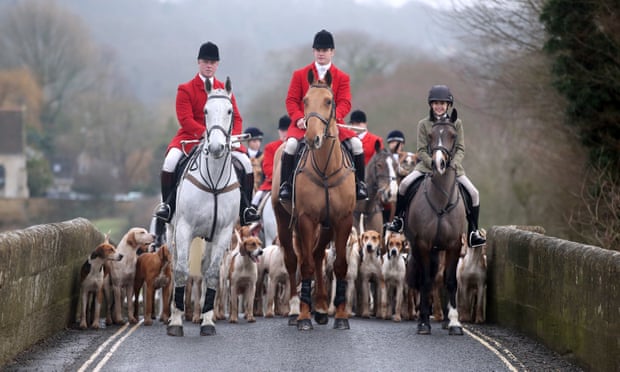
“That’s only those [where people have] actually bothered to phone and report it in, and there are lots that don’t get reported,” he said. “Because obviously when it’s occurring out in rural locations if there isn’t anyone there that’s against it then it will just go on.”
Most fox hunts had their first meet on 26 October or 2 November, although two were seen out as early as 19 October, said the League, whose count runs from the opening meet until 30 November. It also counted 15 cases of badger setts being interfered with on the day of a hunt – either being blocked to prevent a fox from hiding inside, or people digging and using terriers to flush out a fox.
Political support for hunting – long a minority pastime enjoyed by the wealthy – has fallen away in recent years. Polling carried out earlier this year by Survation on behalf of the League found that 47% of Conservative voters would be less likely to vote for a candidate who backed foxhunting, rising to 65% among the general public.
During the recent election campaign, the Conservatives did not indicate any intention to reverse the 2004 HuntingAct. However, unlike Labour, they did not make any proposals to strengthen the ban. As it stands, no offence under the ban carries a criminal conviction and there are a number of exemptions that animal rights activists say hunts use to avoid prosecution.
In many cases where foxes have been killed, hunts say they were following a scent “trail” laid beforehand when a fox happened to run into the path of hounds.
As a result, hunting carries on much as it has always done, in spite of the law, Sims said. “When you see stickers on hunt followers’ cars – like ‘Keep calm carry on hunting’, ‘Fuck the ban, fight the ban’ – [it’s clear] they’ve got no intention of stopping as the legislation currently stands,” Sims said. “And because of the issues around policing and investigating it, it is just licence to carry on, because very few end up with convictions at court.”
Data provided by the League shows that by 2018 – the most recent year for which figures are available – 497 convictions had been obtained for all offences under the Hunting Act. A further 47 people have received cautions for hunting offences.
Not all hunting-related offences are prosecuted under the hunting ban, however. Most recently, two men associated with the Kimblewick hunt were handed suspended sentences under the Animal Welfare Act after they dragged a fox by its tail out of an artificial earth and released it front of hounds. The most recent Hunting Act conviction involved two members of the Meynell and South Staffordshire hunt who pleaded guilty to hunting fox cubs with dogs. They were each fined £350.
Responding, a spokesperson for the Countryside Alliance said hunts regularly faced “spurious allegations regarding their legal hunting” and that there was “absolutely no evidence” to suggest that witness reports collated by the League Against Cruel Sports were truthful. The continuation and adaptation of the culture, infrastructure and activities of hunts “has frustrated those who thought hunts would disband following the implementation of the Hunting Act”, the spokesperson said.
“There have been over 250,000 days’ hunting carried out since the Hunting Act was enforced in February 2005, yet less than 30 people associated with registered hunts have been convicted of illegal hunting,” the alliance added.
“If there is any evidence of illegal hunting activity then we would always expect it to be taken to the police to be investigated in the appropriate manner, rather than trying to create publicity through the media.”
This article was first published by The Guardian on 25 December 2019.
What you can do
Support ‘Fighting for Wildlife’ by donating as little as $1 – It only takes a minute. Thank you.

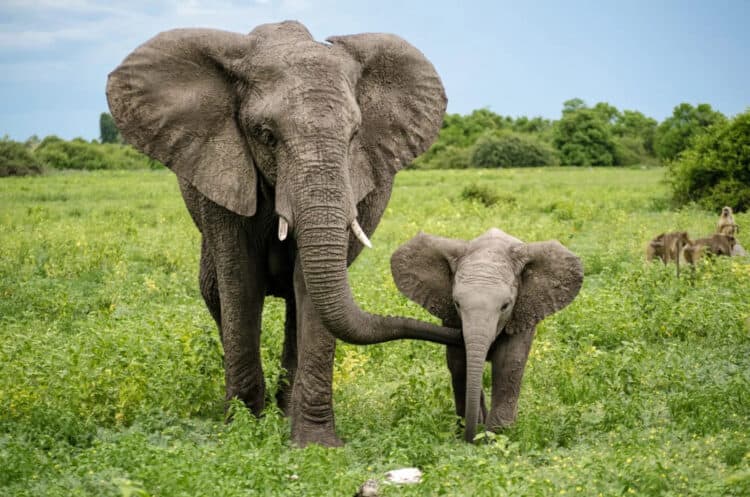
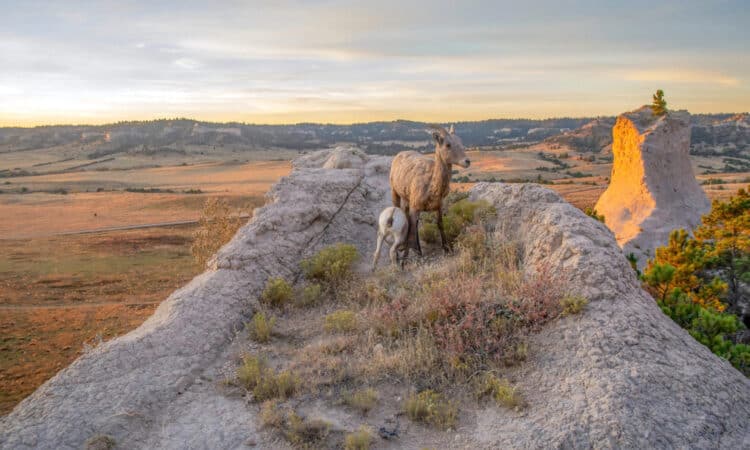
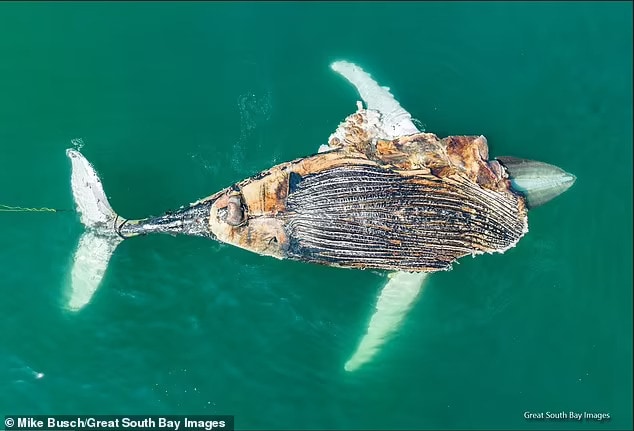
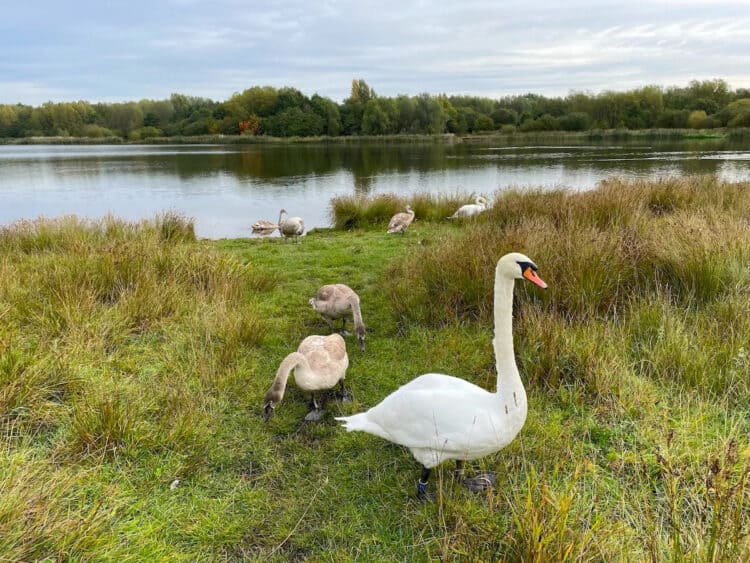
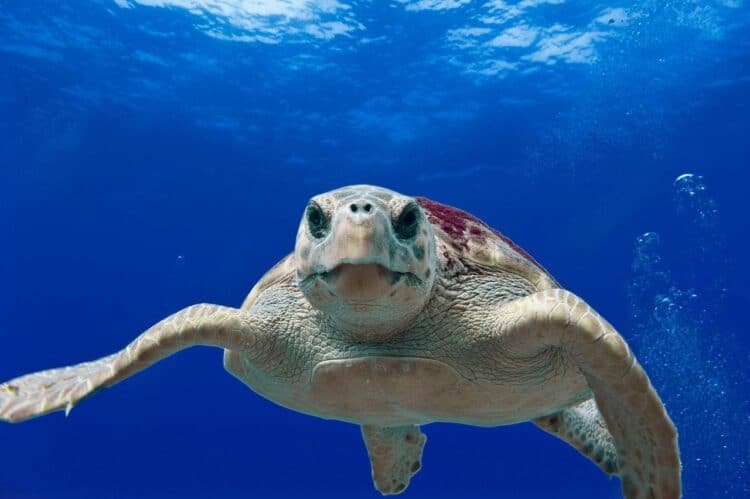
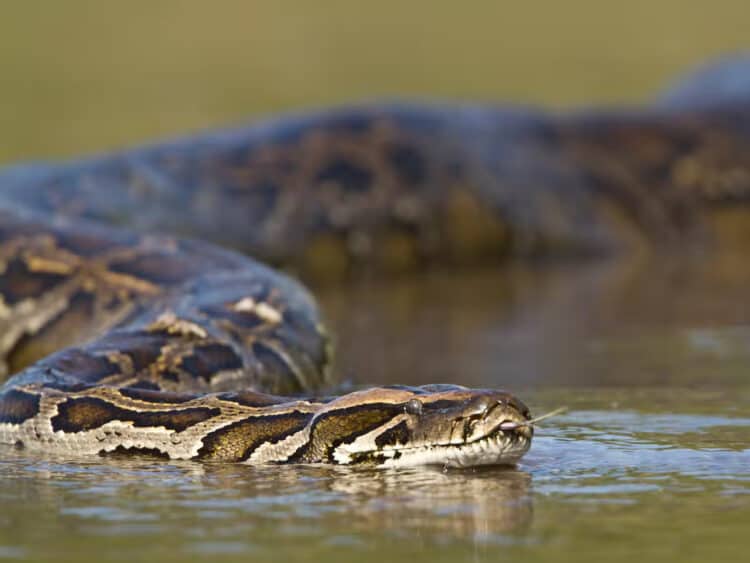
Leave a Reply